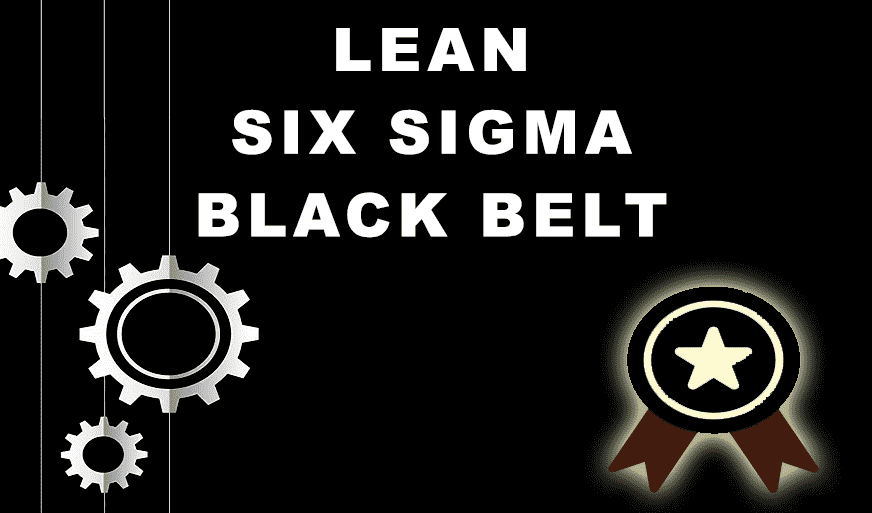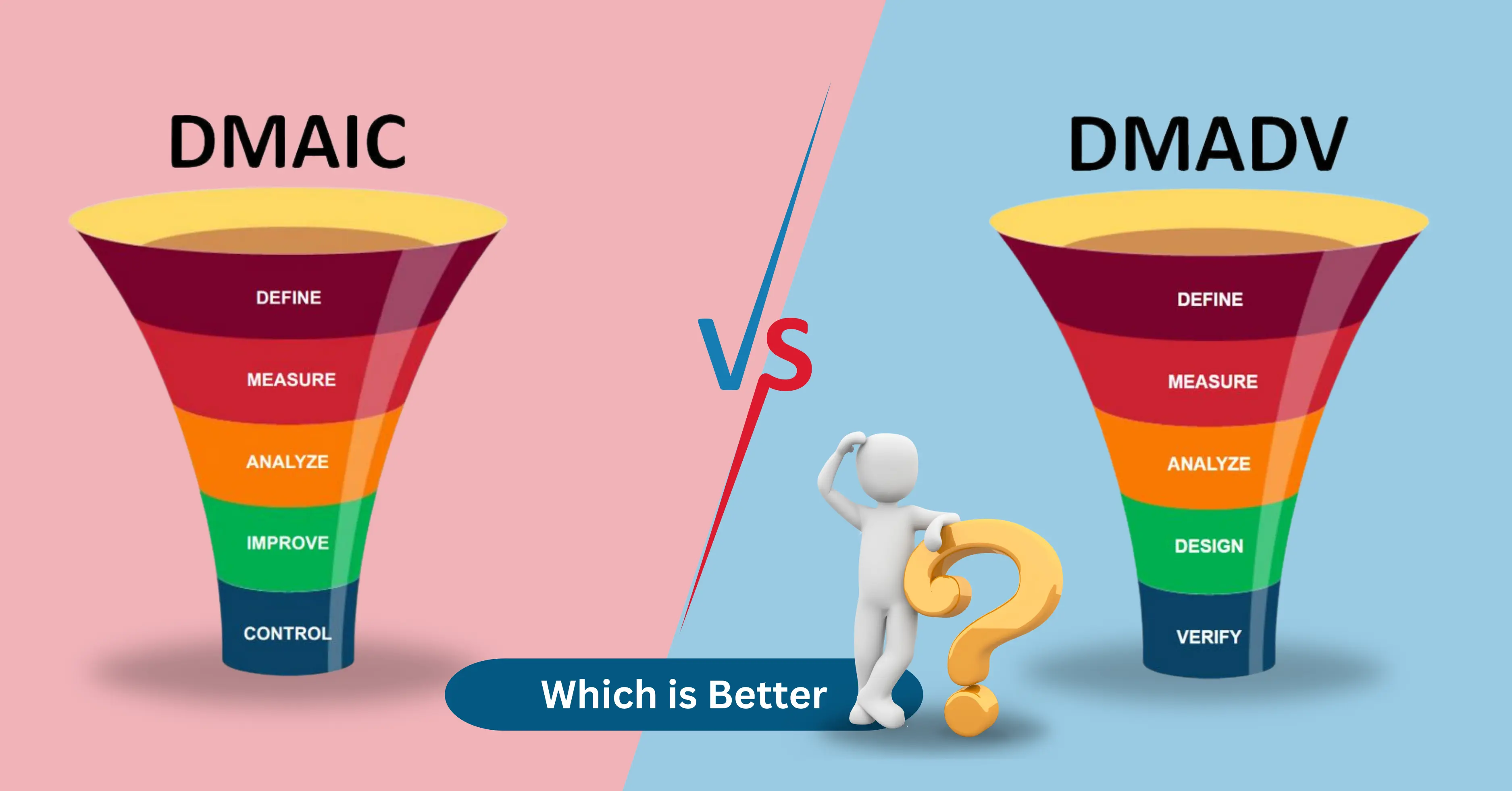Certified Scrum Product Owner: Job Roles And Responsibilities
-
 By Sprintzeal
By Sprintzeal - Published on Feb 17 2025

CSPO Job Roles And Responsibilities
An increasingly important function in today's fast-paced software development environment is that of a Certified Scrum Product Owner (CSPO). As companies adopt agile approaches, especially Scrum, the Product Owner is the key link between development teams in addition to stakeholders.
This thorough article explores the five core facets of a CSPO's duties, providing information on how they promote innovation, guarantee value delivery, and propel product success.
If you're thinking about becoming a CSPO or working with one, knowing these essential duties will help you appreciate the importance of this position in contemporary product development.
Table of Contents
1. Vision and Strategy Management
The major duty of a Certified Scrum Product Owner is to create and uphold a distinct product vision while formulating strategic plans to accomplish corporate objectives. For them to successfully direct product creation, they must have a thorough awareness of consumer demands, and market trends, along with corporate goals.
In close collaboration with stakeholders, the CSPO develops a roadmap that supports both immediate and long-term goals and specifies success criteria. This entails carrying out in-depth market research, examining the products and services of rival companies, and seeing chances for innovation.
The Product Owner guarantees that each development endeavor makes a significant contribution to the product's development as well as market position by upholding a strategic viewpoint. In order to maintain the product's competitiveness alongside relevance while satisfying consumer expectations, they must also modify the vision as market conditions evolve.
2. Backlog Management And Prioritization
The CSPO has the vital responsibility of developing, honing, and prioritizing the requirements and user stories that will direct development activities as part of the product backlog management process. Outstanding organizational abilities and a deep comprehension of technical limitations as well as business value are necessary for this role.
Maintaining a tidy backlog that effectively conveys needs to the development team while being adaptable enough to take into account shifting priorities is the responsibility of the product owner. Taking into account variables like customer effect, technological requirements, and resource availability, they use a variety of prioritizing approaches to make sure the most valuable items are built first.
In addition to offering chances to modify priorities in response to fresh data or shifting market conditions, regular backlog refinement meetings with the development team assist guarantee that needs are precise, appropriately scaled, and prepared for implementation.
3. Stakeholder Collaboration And Communication
A key component of the CSPO position is effective stakeholder management, which calls for outstanding communication abilities along with the capacity to balance a variety of interests. The Product Owner facilitates clear communication in addition to consistent communication between the development team, and customers, as well as business stakeholders by acting as the primary point of contact.
They must be adept at managing expectations among diverse groups, converting business needs into actionable tasks for the development team, and obtaining and combining input from a variety of sources. This entails holding frequent meetings with stakeholders to share updates, get their opinions, and keep everyone on the same page on the objectives of the product.
Throughout the product development lifecycle, the CSPO must also be skilled at resolving conflicts, identifying points of agreement when stakeholder interests vary, and upholding open lines of communication that promote cooperation and confidence.
4. Sprint Planning And Review Leadership
In sprint planning and review meetings, the CSPO is essential in making sure that development iterations are in line with product objectives and provide the most value possible. They must collaborate with the development team to set reasonable sprint targets, explicitly explain the business context of the backlog items they have chosen, and express them during sprint planning.
Throughout the sprint, the Product Owner must be accessible to respond to inquiries, offer clarity, and make choices that keep the team on track. They oversee the presentation of finished work to stakeholders at sprint reviews, collect input, and determine if the functionality offered satisfies business goals.
Strong leadership abilities, the capacity for prompt decision-making, and a thorough comprehension of both technical and business factors are necessary for this role in order to effectively direct the team's activities.
5. Product Value Optimization And Metrics Analysis
Using data-driven decision-making and performance analysis to continually monitor and optimize product value is one of the CSPO's primary responsibilities. In order to demonstrate product performance, customer happiness, and the delivery of business value, they must set up and monitor pertinent metrics.
This entails examining user behavior, keeping an eye on industry developments, and calculating how new features affect important performance metrics. In order to get information that will guide future development objectives and changes to the product strategy, the Product Owner collaborates closely with analytics teams.
In order to make sure that development efforts are concentrated on areas that offer the most value to the company and its clients, they must also assess the return on investment for various features and projects. Frequent reporting on these indicators directs strategic planning efforts and aids stakeholders in understanding the success of the product.
Conclusion
A Certified Scrum Product Owner is responsible for a wide variety of tasks that call for both technical know-how and business savvy. The CSPO Certification in Hyderabad is an important liaison between development teams and stakeholders, helping to optimize value delivery and preserve the product vision.
Strong leadership abilities, flexibility, and ongoing learning are necessary for success in this position. The need for competent Product Owners who can successfully manage these duties while promoting product success is becoming more and more clear as businesses continue to adopt agile approaches.
Subscribe to our Newsletters
Popular Programs
Trending Posts
The Ultimate Guide to Lean Manufacturing
Last updated on Jan 5 2024
DMAIC vs. DMADV: Key Differences and Choosing the Right Six Sigma Methodology
Last updated on Nov 10 2023
Top Career benefits of Lean Six Sigma Green Belt
Last updated on Apr 3 2024
Six Sigma Certification Guide - A Professional's Guide
Last updated on Sep 27 2024
Six Sigma Yellow Belt Certification - Six Sigma for Beginners
Last updated on Aug 10 2022
8 Wastes of Lean - Strategies for Identification and Elimination
Last updated on Dec 27 2023
Categories
- Agile Management 54
- AI and Machine Learning 42
- Big Data 53
- Business Management 51
- Cloud Computing 44
- Digital Marketing 56
- Information Security 8
- IT Hardware and Networking 17
- IT Security 103
- IT Service Management 29
- Leadership and Management 1
- Microsoft Program 2
- Other 43
- Programming Language 31
- Project Management 162
- Quality Management 75
- Risk Management 8
- Workplace Skill Building 2
Trending Now
Top Career benefits of Lean Six Sigma Green Belt
ArticleLean methodology, Six Sigma methodology and Lean Six Sigma Explained
ArticleSix Sigma Black Belt Certification – Value and Career Benefits in 2024
ArticlePareto Chart in Six Sigma - Explained
ArticleQuality Management Interview Questions 2024
ArticleSix Sigma Certification Guide - A Professional's Guide
ArticleSix Sigma Yellow Belt Certification - Six Sigma for Beginners
ArticleQuality Control Explained – Six Sigma
ArticleTotal Quality Management - A Complete Guide for Beginners
ArticleQuality Assurance in Six Sigma Explained
ArticleQuality Assurance vs Quality Control
ArticleSix Sigma Certification – Everything you Need to Know About Getting Certified
ArticleLean Six Sigma on Resume for Rewarding Career Benefits
ArticleQuality Manager Interview Questions and Answers for 2025
ebookService Delivery Manager Interview Questions and Answers (With Examples)
ArticleSix Sigma Interview Questions and Answers 2024
ArticleHow to become a Quality Analyst
ArticleA Supply Chain Management Guide to Mastering Logistics End to End
ArticleSenior Quality Manager Interview Questions and Answers 2024
ArticleTop 30 Quality Analyst Interview Questions and Answers 2025
ArticleFinancial Analyst Interview Questions and Answers 2024
ArticleRisk Manager Interview Questions and Answers 2024
ArticleCompliance Manager Interview Questions and Answers 2024
ArticleOperation Manager Interview Questions and Answers
Article5 Lean Continuous Improvement Principles to Supercharge Your Operations
ArticleHow to Become a Quality Manager - Career, Job Scope and Certifications
ArticleEssential Components of a Quality Management System
ArticleSix Sigma Certifications - Reasons Why you Should Get Them
ArticleTop Qualities of a Good Manager and a Leader
ArticleLearn about Statistical Process Control (SPC) and its top applications
ArticleCost of Poor Quality - A Detailed Guide
ArticleImplementing 5S Methodology for Better Work Efficiency
ArticleWhat Is Lean Management?
ArticleBest Six Sigma Books in 2024
ArticleLeadership vs Management - The Ultimate Guide
ArticleQuality Assurance Plan - Six Steps To Quality Assurance Plan
ArticleOperational Planning Creation, Key Elements and its Benefits
ArticleA Complete Guide to Product Life Cycle Stages 2025
ArticleSix Sigma tools for DMAIC Phases
ArticleWhat Is Lean Manufacturing?- An Overview
ArticleThe Lean Continuous Improvement Model: A Comprehensive Guide
ArticleDMAIC vs. DMADV: Key Differences and Choosing the Right Six Sigma Methodology
ArticleA Deep Dive into the Power of Lean Continuous Improvement Process
ArticleLean Continuous Improvement Methods for Business Excellence
ArticleIntroduction to Lean Manufacturing- Definitions, Framework, and More
ArticleUnderstanding the Key Principles of Lean Manufacturing
ArticleSecret to Unlock Organizational Excellence: Stages of Continuous Improvement
ArticleLean Continuous Improvement: A Detailed Guide to Mastering Organizational Quality
ArticleLean Waste Management: The Ultimate Guide 2023
ArticleA Deep Dive into Lean Continuous Improvement Tools
Article8 Wastes of Lean - Strategies for Identification and Elimination
ArticleThe Ultimate Guide to Lean Manufacturing
ArticleUnderstanding Lean Manufacturing's Pros and Cons
ArticleLean Waste Reduction Strategies: Boost Efficiency and Cut Costs
ArticleTop 10 Lean Manufacturing Tools for Optimal Productivity
ArticleBeyond the Basics: Benefits of Lean Continuous Improvement
ArticleWhat are Quality Standards? | A Guide to ISO Standards
Article7 Important Types of Quality Management System
ArticleA Comprehensive Guide to Quality Management Systems
ArticleISO 9001 Standard: Benefits and Certification
ArticleBenefits of QMS Certification for Your Business
ArticleStep-by-Step Implementation Guide to ISO 9001
ArticleThe Ultimate Guide to ISO 9001: Boosting Quality and Certification Success
ArticleQuality Management System – QSM Approaches and Methodologies
ArticleHow to Effectively Implement a Robust Quality Management System?
ArticleExplaining QMS Documentation Structure: Benefits and Best Practices
ArticleWho Needs ISO 9001 Certification and Why?
ArticleKey Elements of ISO 9001:2015 Quality Management System
ArticleOvercoming Common Challenges in ISO 9001 Certification: Tips and Best Practices
ArticleBest Quality Management Tools
ArticleTotal Quality Management (TQM) vs. Six Sigma
ArticleQuality Manager Salary: What Freshers & Experts Earn in 2025
ArticleTips for Continuous Integration Testing: Streamlining QA
Article10 Quality Management Strategies Adopted by Top Managers
Article
















